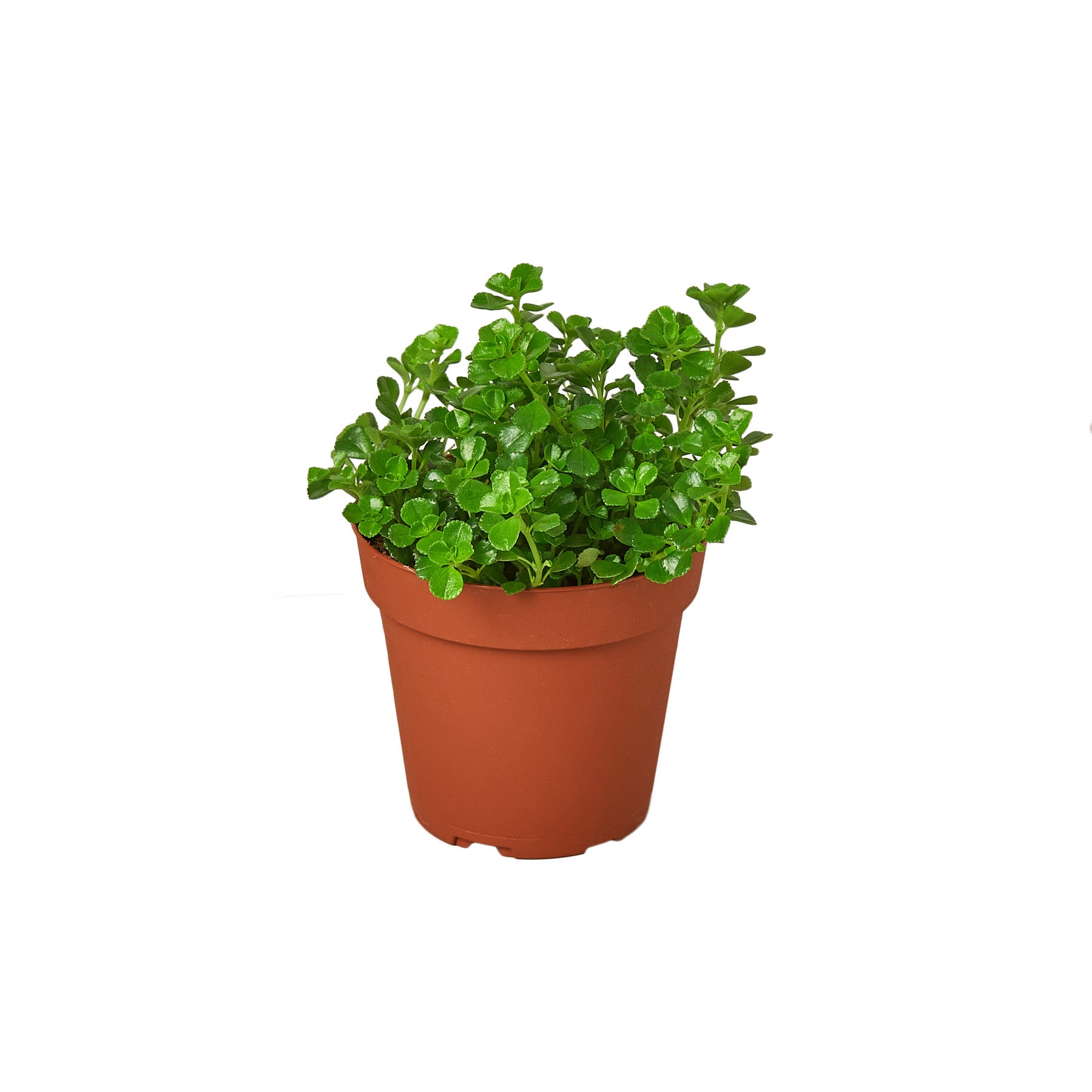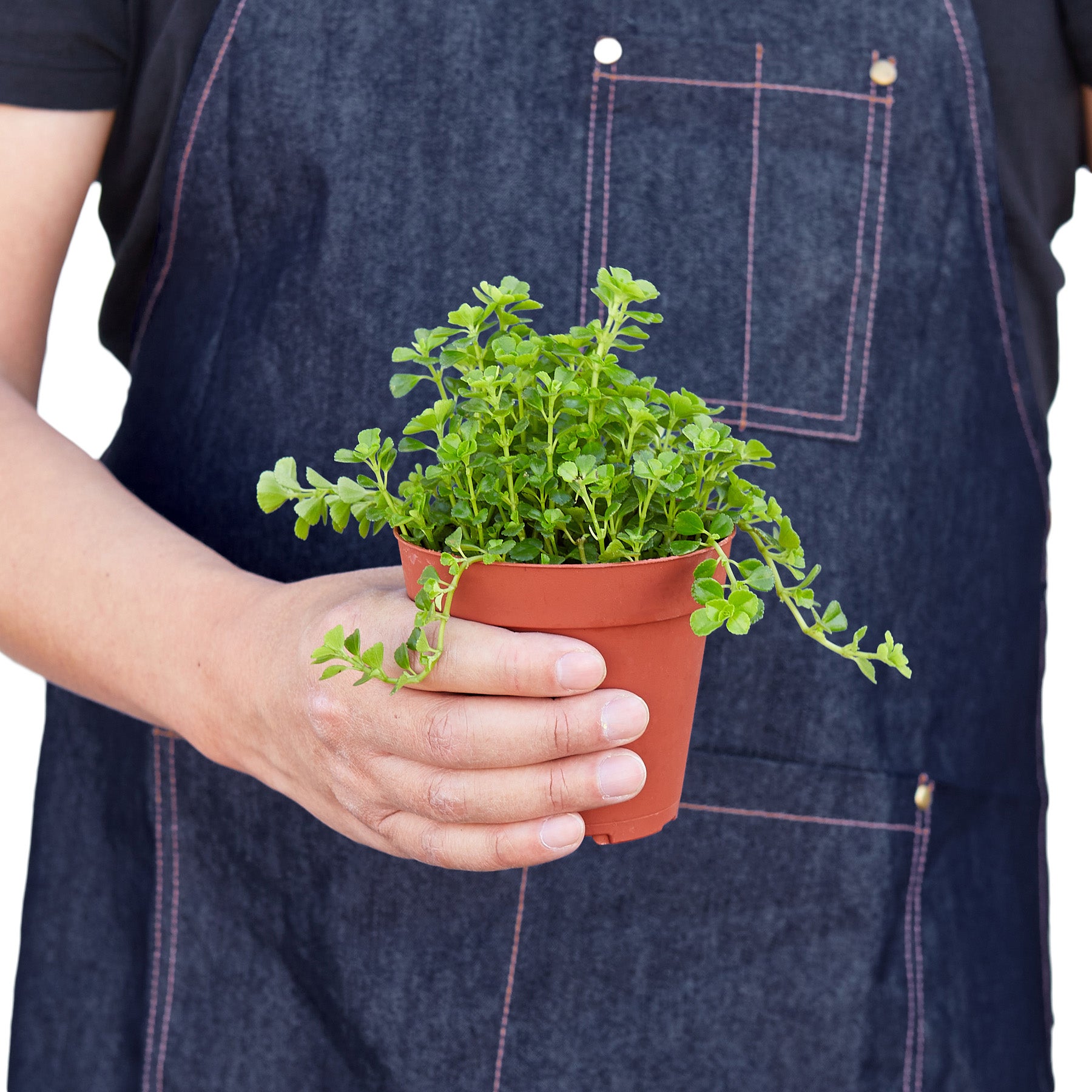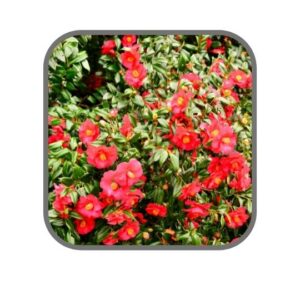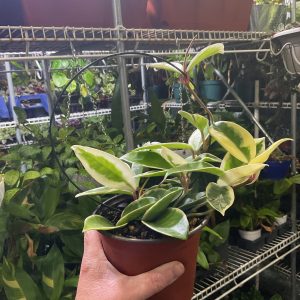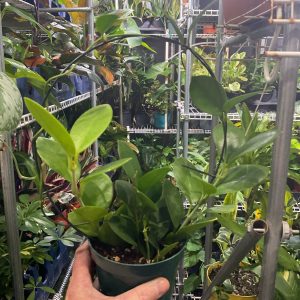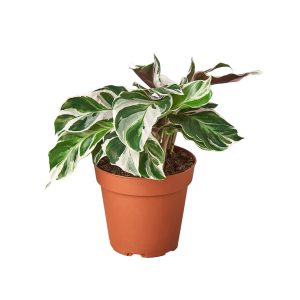The Baby Tear Nettle is a plant that has been used for centuries as a natural remedy for various conditions. The plant is believed to have originated in Europe, and was first documented in the 17th century. Today, the Baby Tear Nettle is still used as a remedy for a variety of conditions, including pain relief, inflammation, and healing.
The shopping cart has been disabled temporarily due to high demand through our other sales channels. In the meantime, please feel free to take a look at the plants we offer. Thanks!
Nettle ‘Baby’s Tear’ – 4″ Pot
Nettle ‘Baby’s Tear’ – 4″ Pot – Live Tropical Houseplant – Grown in the USA
BABY TEAR NETTLE Features
- SIZE: 4" Pot
- Grown in the USA By licensed nursery.
